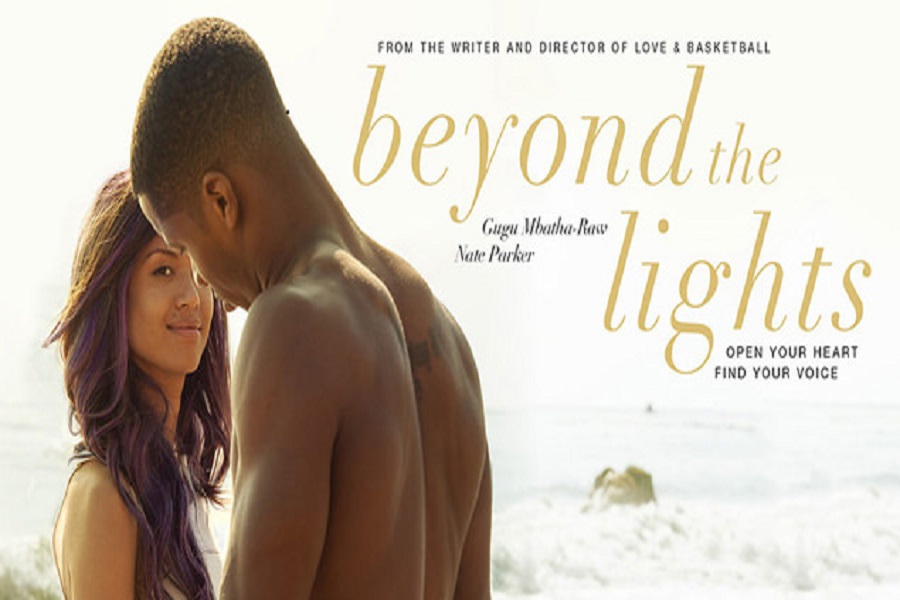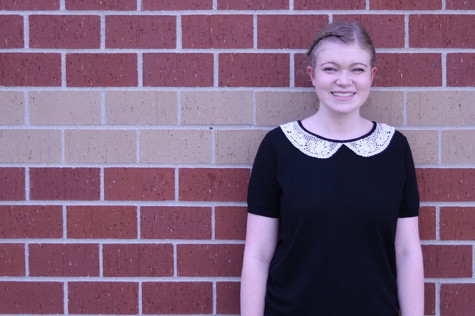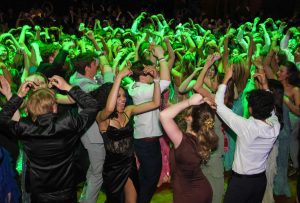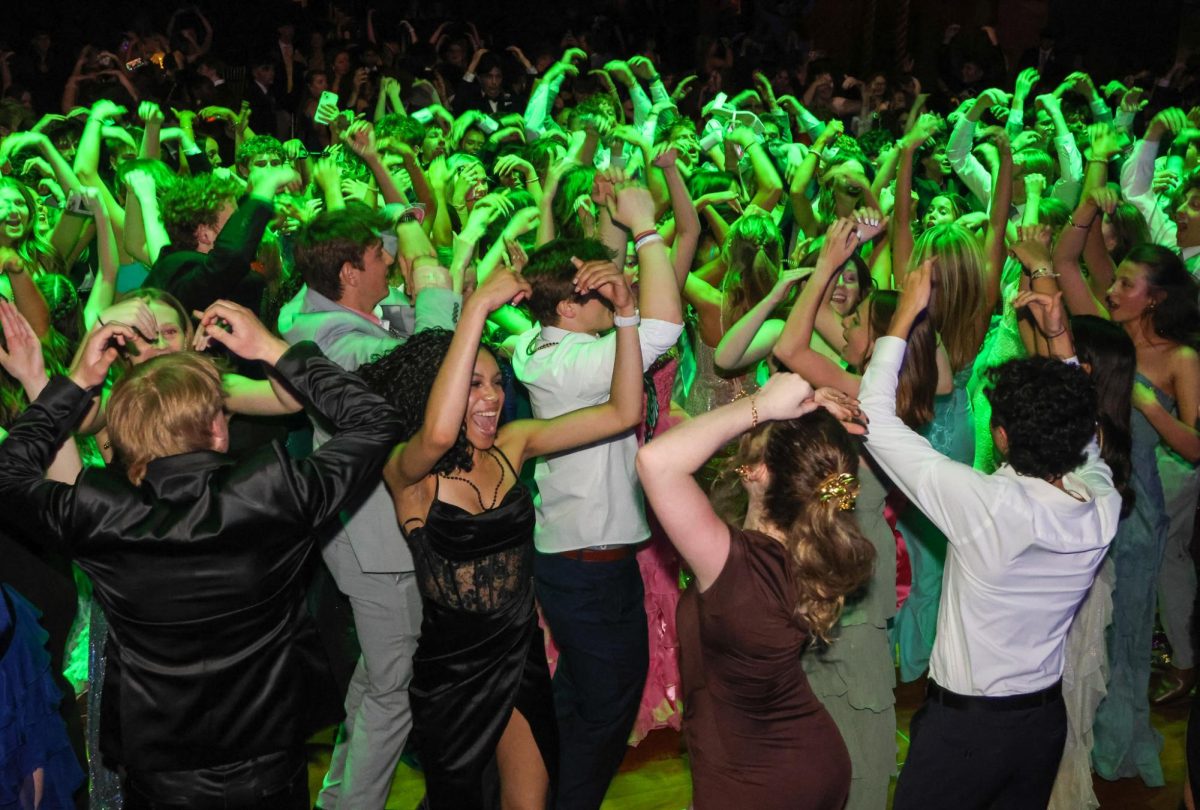“Beyond the Lights” is a new kind of romance
New movie about music has a different, better take on the fairy tale romance
November 19, 2014
There seem to be countless examples of movies where there is a damsel in distress who has to be rescued by some prince. In this new age of romantic movies, it can be easy to be cynical. With the new bevy of strong female characters, this movie trope seems outdated and not entertaining.
“Beyond the Lights” seems, at face value, to be this kind of movie. A female up-and-coming pop star (Gugu Mbatha-Raw) is rescued from jumping off a balcony by a dreamy, muscular police officer (Nate Parker). Said pop star, Noni, seems to be the perfect damsel in distress. She is going to be a star, but not on her terms. Early scenes of her being sexualized and used can be very cringe-worthy.
What makes “Beyond the Lights” different than other love stories is that it manages to break all stereotypes while elevating the overall storyline. When Noni and the police officer, Kaz, begin a romance, it doesn’t feel like she has some hero complex for the man who saved her. It truly feels that he is the only one who can see her for who she already is. His presence merely nudges her along to become her true self during the climax of the movie.
The diversity of the entire cast has to be mentioned. Coming out the same week was “Dumb and Dumber To,” about two white idiots, as well as a pretty white holiday movie lineup, it is nice to see minorities celebrated in “Beyond the Lights.” Sadly, it seems to be more of a rarity to see African American leads in a movie that doesn’t take place in a previous time period. “Beyond the Lights” proves that diversity in casts shouldn’t be considered an anomaly.












